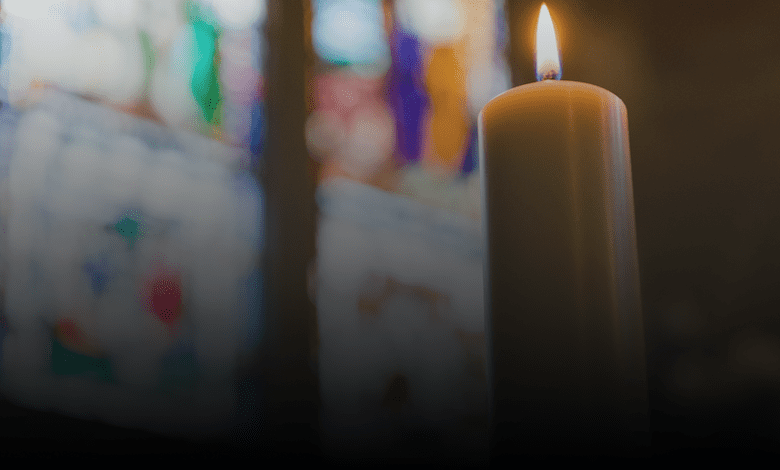How has Covid-19 affected the management of funerals

The grieving process, for both formal and informal rituals, is necessary steps in the healing of the bereaved. Especially during this time of crisis, it’s essential to know what should and shouldn’t be followed in light of the COVID-19 pandemic.

